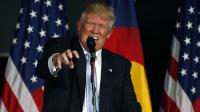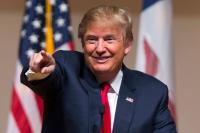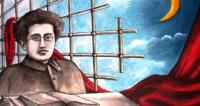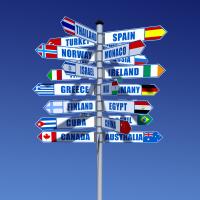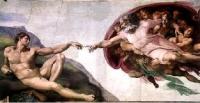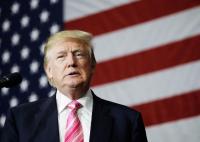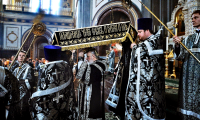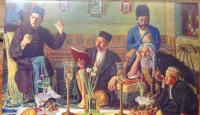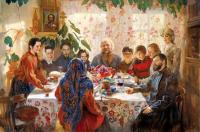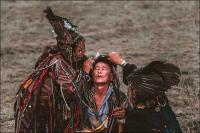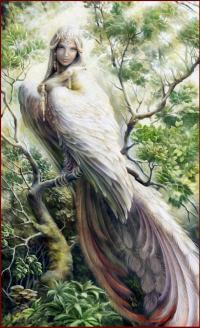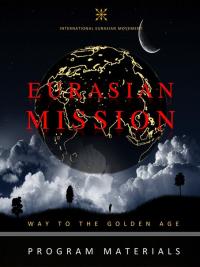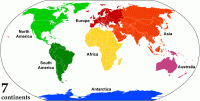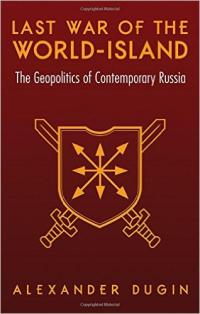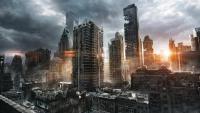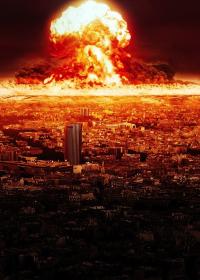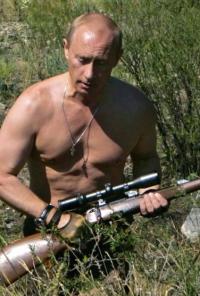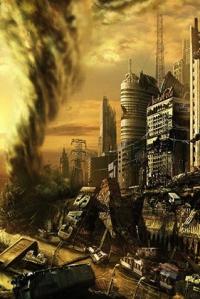DONALD TRUMP: THE SWAMP AND FIRE
“The Swamp” is to become the new name for the globalist sect, the open society adepts, LGBT maniacs, Soros’ army, the post-humanists, and so on. Draining the Swamp is not only categorically imperative for America. It is a global challenge for all of us. Today, every people is under the rule of its own Swamp. We, all together, should start the fight against the Russian Swamp, the French Swamp, the German Swamp, and so on. We need to purge our societies of the Swamp’s influence. Instead of fighting between ourselves, let us drain it together. Swamp-drainers of the whole world unite!

